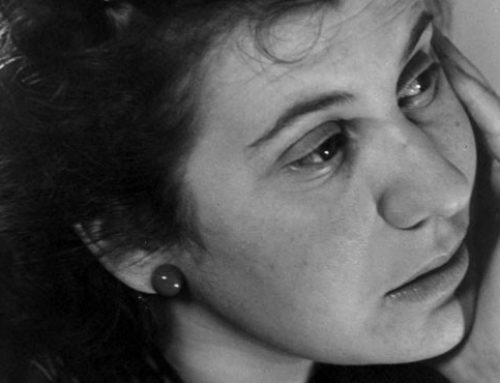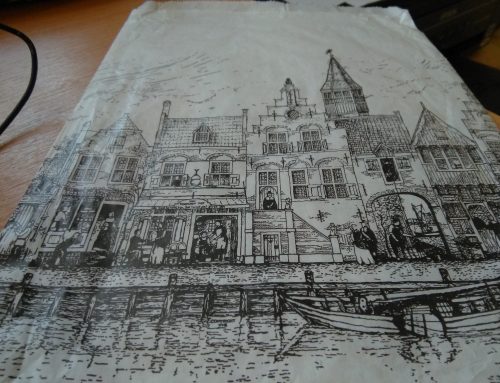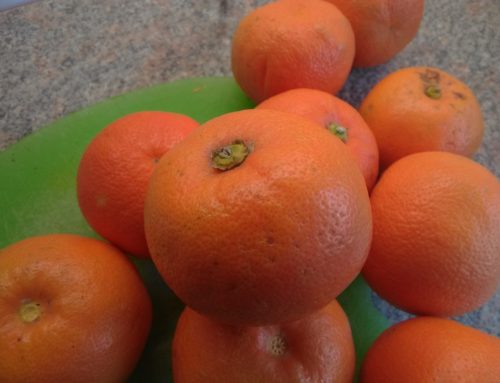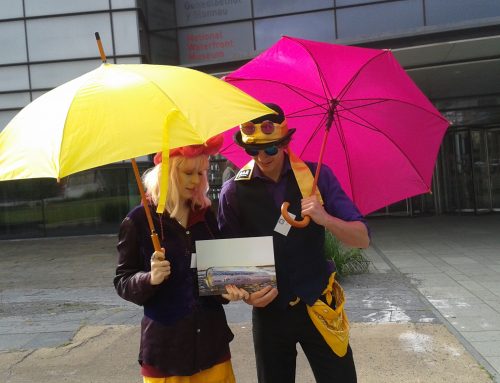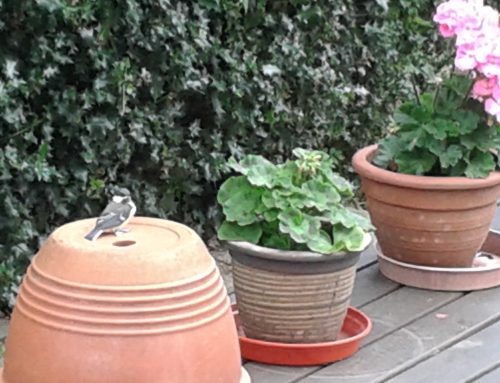A poem I often come back to, both personally and in groups, is, ‘What We Want’ by Linda Pastan. It describes, in transparent language and precise imagery, the mystery of what’s just beneath the surface, what was talking to us in a now forgotten dream , our sense of something other, that we may not be paying attention to in our every day busy-ness.
What do we want? Freud is quoted in Ernest Jones’ 1953 biography as saying, ‘The great question that has never been answered, and which I have not yet been able to answer, despite my thirty years of research into the feminine soul, is ‘What does a woman want?'”
In 1925, he wrote in a paper entitled “The Psychical Consequences of the Anatomic Distinction Between the Sexes.” “Women oppose change, receive passively, and add nothing of their own.’ In my case, I thrive on change and the challenge is to stay with the status quo. What I want is often the next thing, the slightly different thing, the variation on a theme or something utterly surprising. As Linda Pastan writes, often when we want something (my new house for example), it starts wanting us back and that isn’t necessarily what we had in mind (especially if it wants a new roof).
As the poem states, what we want is never simple – nor even, like the stars, always visible. On a cloudy night, a glimpse of the odd star, or the gradual slipping away of clouds from the full moon, remind us that there is a world of mystery and distance out there. To believe that the stars are there but invisible in daylight, for me takes a positive act of imagination. I need to get a sense of our spinning planet which gives me that dizzying sensation of not knowing which train is pulling away from the platform. If we could clearly see the star, especially if we could always see it, we could head for it. If we know what we want, there’s an agenda for action, but for many of us, the stars are mostly invisible. Or on those occasions when the night sky is clear and unpolluted, it is so bewilderingly beautiful, it’s hard to know which star is which.
Writing can be a way of clarifying thoughts, or simply giving voice to ambivalence and complexity. On Monday, I couldn’t stop thinking about friends on the East Coast of the US as Hurricane Sandy approached and escaped from obsessively checking the web to the cinema. I saw Ruby Sparks, on the surface, a romcom with a young novelist as the male lead but underneath, a witty and painful exploration of ‘what men want’ in relationships. The conceit is that the lonely and socially inept Calvin creates his ideal girlfriend by writing about her. She’s beautiful, has no parents, is charmingly ditzy, an artist, but not very successful so no competition, and loves him. She becomes a real woman in his life. Although at first, ‘ideal’, reality kicks in and at times she is clingy, at others, too independent. He can control the minutiae of her behaviour in his writing and increasingly does so until he realises that by doing so, he’s destroyed her.
Although a fiction, the film makes an important point about the power of writing. Poet, Gwyneth Lewis writes in her Foreword to Writing Routes, ‘Sometimes it’s said that art follows life but I’ve found the opposite to be true. Where else but in the imagination do the first stirrings of desire form a tentative plan of action, for what might, much later, become one’s biography? In writing, we’re dealing with the prequels of decision when the forms of our transformation have not yet solidified into fact, when there’s still time to play with the possibilities. Small variations here can make all the difference later on. Be careful what you write, because you may have to live it.’
What do I want? Right now? Shower, dog walk, to plunge into the day ahead. It’s become light as I’ve been writing and dense clouds are gusting across the high grey sky with its billions of invisible stars.



